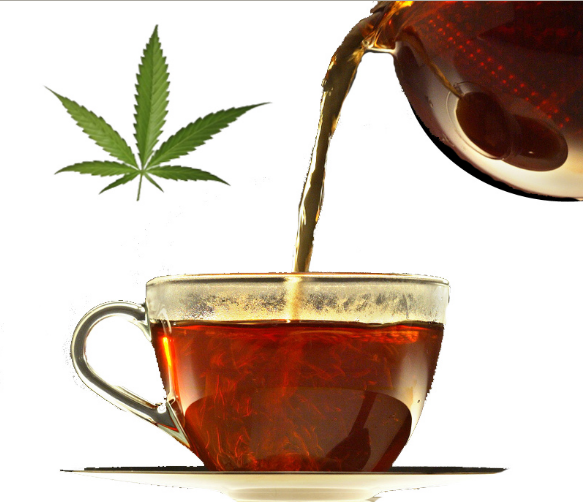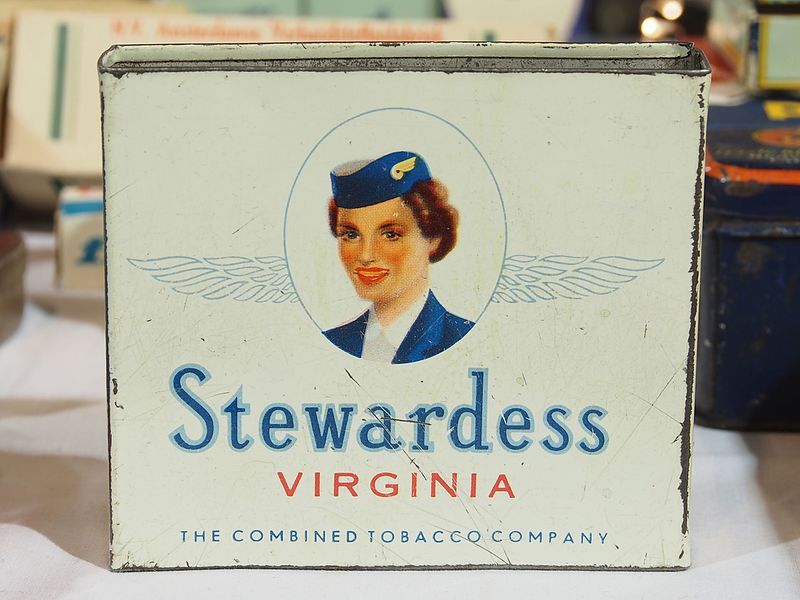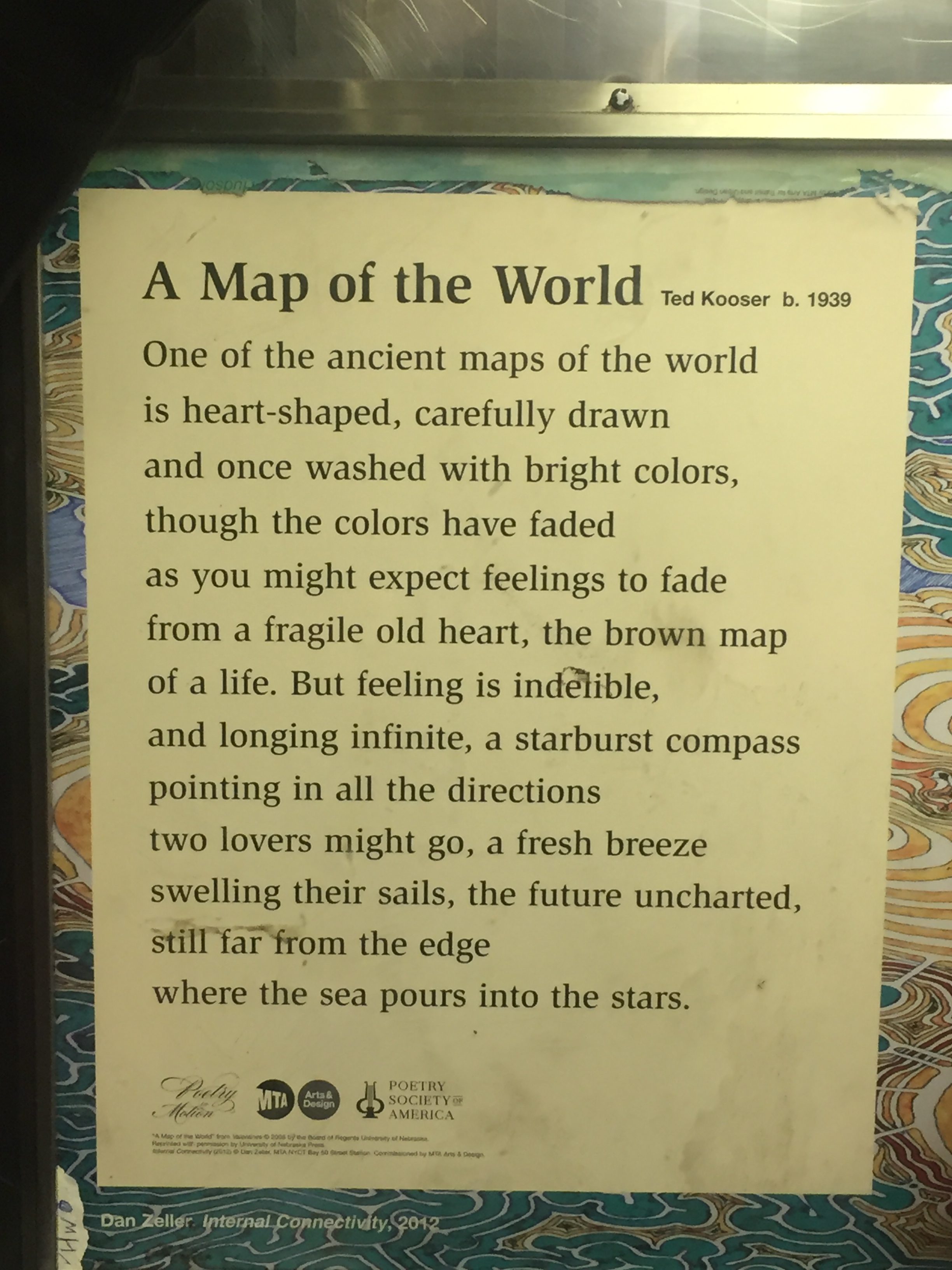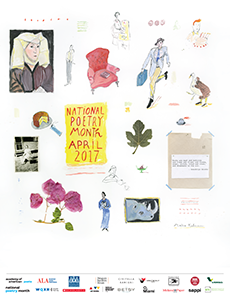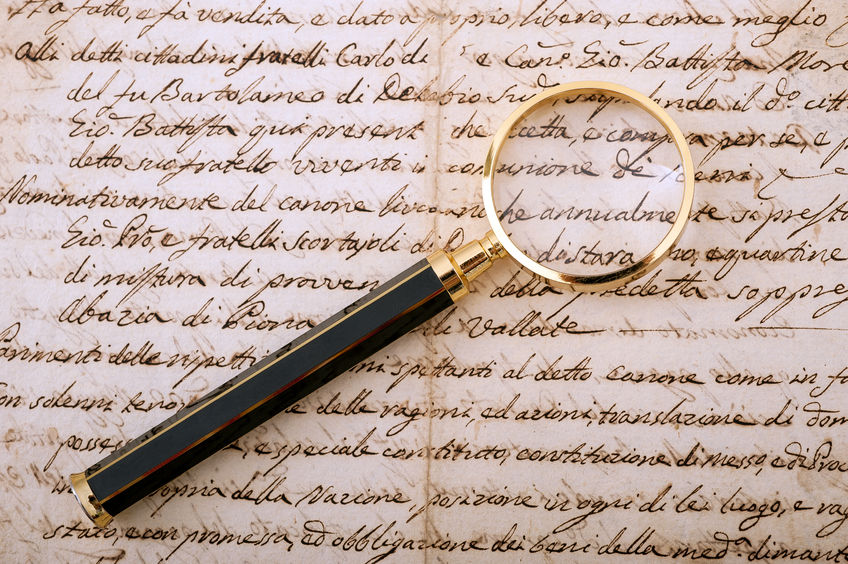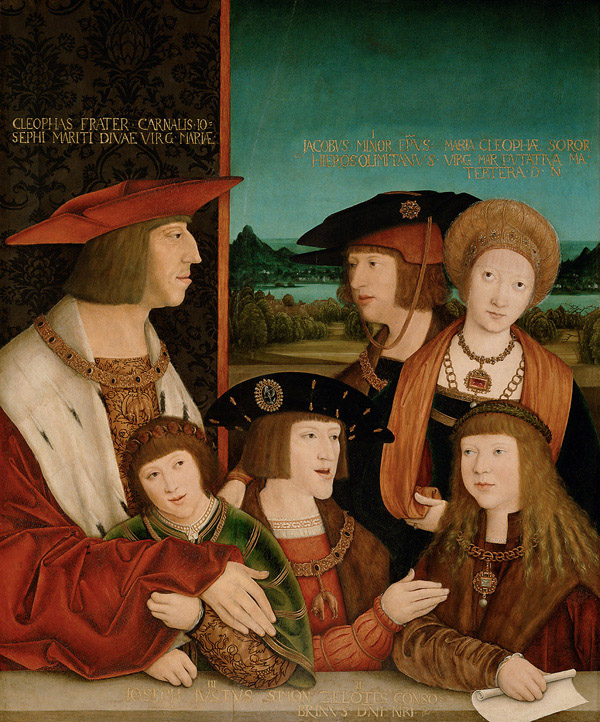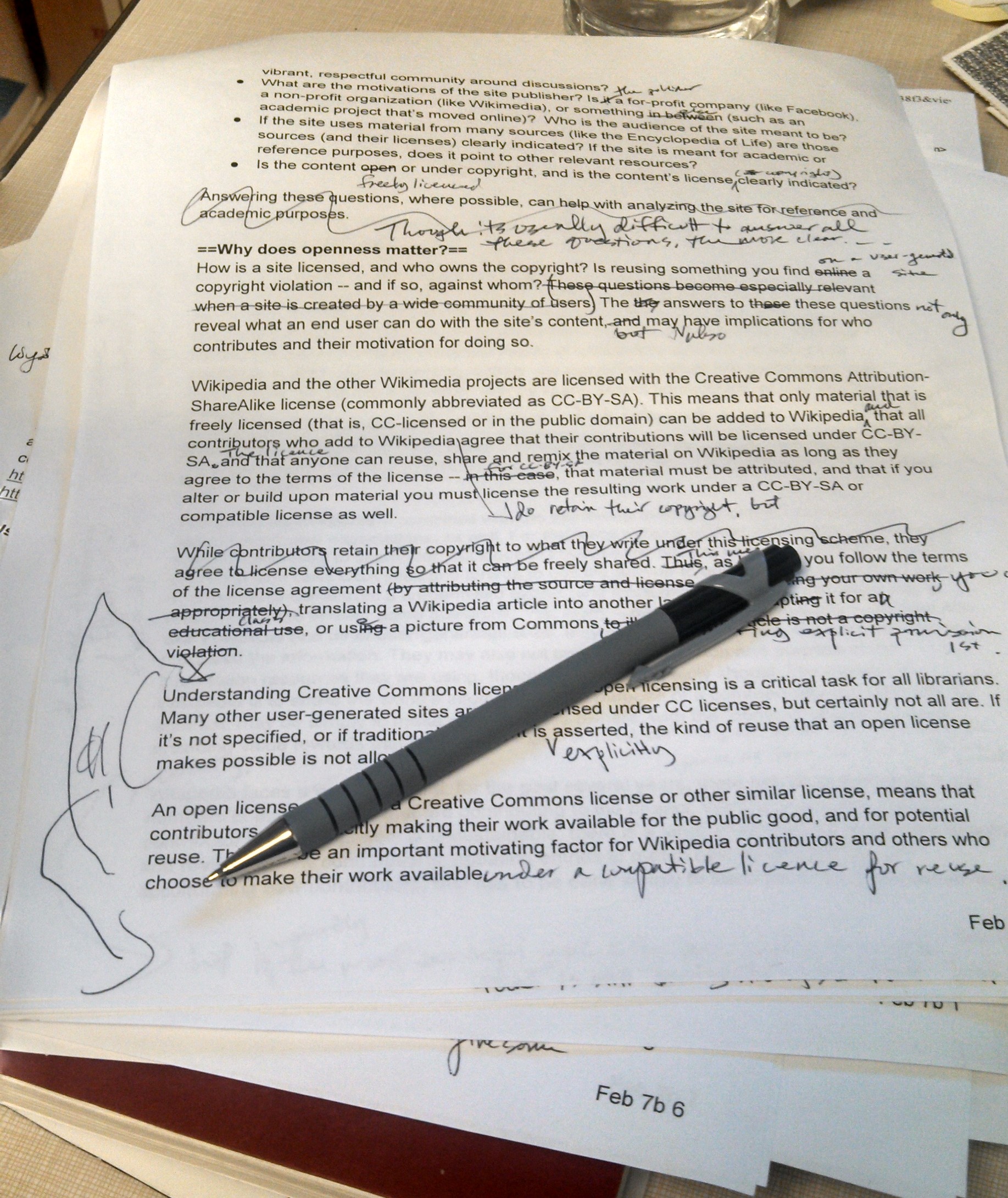Originally posted on 4/20 five years ago. And still relevant today …
“420”. Or more specifically: “Four Twenty”. What does that mean to you? For me, I’m transported back to a special time each weekday afternoon at my boarding school in the English countryside when we would sip warm tea and dip our dry Rich Tea biscuits (and occasionally cake, if we were lucky) into our cups at the end of a long school day. Low tea was, for many, the high point of the day; long were the minutes spent waiting in class for the school bell to ring out, heralding the arrival of caffeine-and-sugar-time. In those days, 4.20 meant simply a number or time of day, and it was low-time. Its ‘higher’ connotations had yet to spread beyond the drug culture of Californian youth …
Let’s go 420, and explore the origin and history (and the truths and myths) of the term. Continue reading

